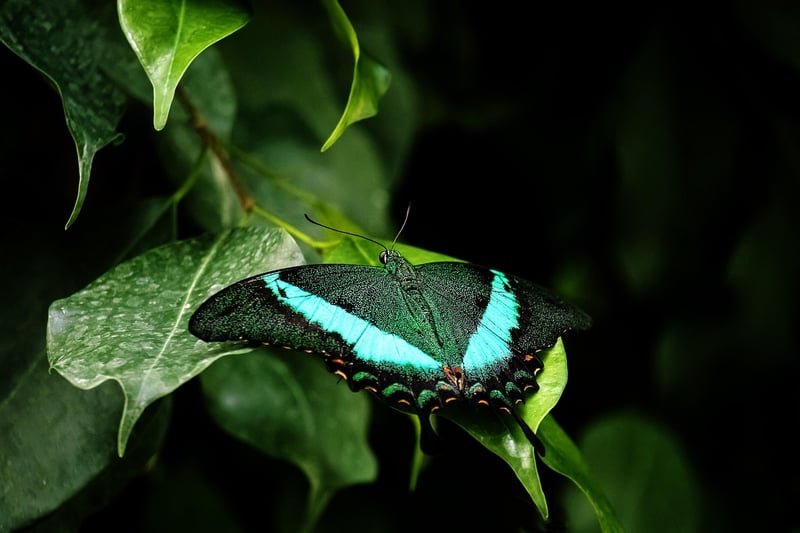Preventive Measures
Protecting Vertical Gardens from Pests + Preventive Measures
Vertical gardens are a beautiful addition to any indoor or outdoor space, creating a lush oasis of greenery. However, these gardens are not immune to pests that can quickly wreak havoc on your carefully cultivated plants. To keep your vertical garden thriving, it's essential to take preventive measures against common pests. Here are some tips on how to protect your vertical garden from pests:
1. Choose the Right Plants
Start by selecting pest-resistant plants for your vertical garden. Plants like lavender, rosemary, marigolds, and mint are known for their ability to repel pests naturally. By choosing these plants, you can reduce the likelihood of pest infestations in your vertical garden.
2. Regularly Inspect Your Plants
Take the time to inspect your vertical garden regularly for any signs of pests. Look for chewed leaves, webs, eggs, or any other unusual markings that may indicate a pest problem. Early detection is key to preventing pests from spreading and causing damage to your plants.
3. Maintain Good Air Circulation
Proper air circulation is essential for the health of your plants and can help deter pests. Ensure that your vertical garden has adequate ventilation to prevent moisture buildup, which can attract pests like aphids and spider mites.
4. Use Natural Pest Control Methods
Avoid using harsh chemical pesticides in your vertical garden, as they can harm beneficial insects and disrupt the ecosystem. Instead, opt for natural pest control methods like neem oil, insecticidal soap, or homemade remedies using ingredients like garlic and chili peppers.
5. Attract Beneficial Insects
Encourage beneficial insects like ladybugs, lacewings, and predatory mites to take up residence in your vertical garden. These insects feed on common garden pests, helping to keep their populations in check naturally.
6. Clean Up Debris
Remove any fallen leaves, dead plants, or other debris from your vertical garden regularly. Pests often hide in decaying plant matter, so keeping your garden clean can help prevent infestations.
7. Monitor Moisture Levels
Overwatering can create a hospitable environment for pests like fungus gnats and root rot. Be mindful of the moisture levels in your vertical garden and water your plants only when needed to prevent excess moisture buildup.
By following these preventive measures and staying vigilant, you can protect your vertical garden from pests and ensure that your plants remain healthy and thriving. With proper care and attention, your vertical garden will continue to be a stunning focal point in your home or outdoor space.

Remember, a little effort in pest prevention goes a long way in maintaining the beauty and vitality of your vertical garden.
